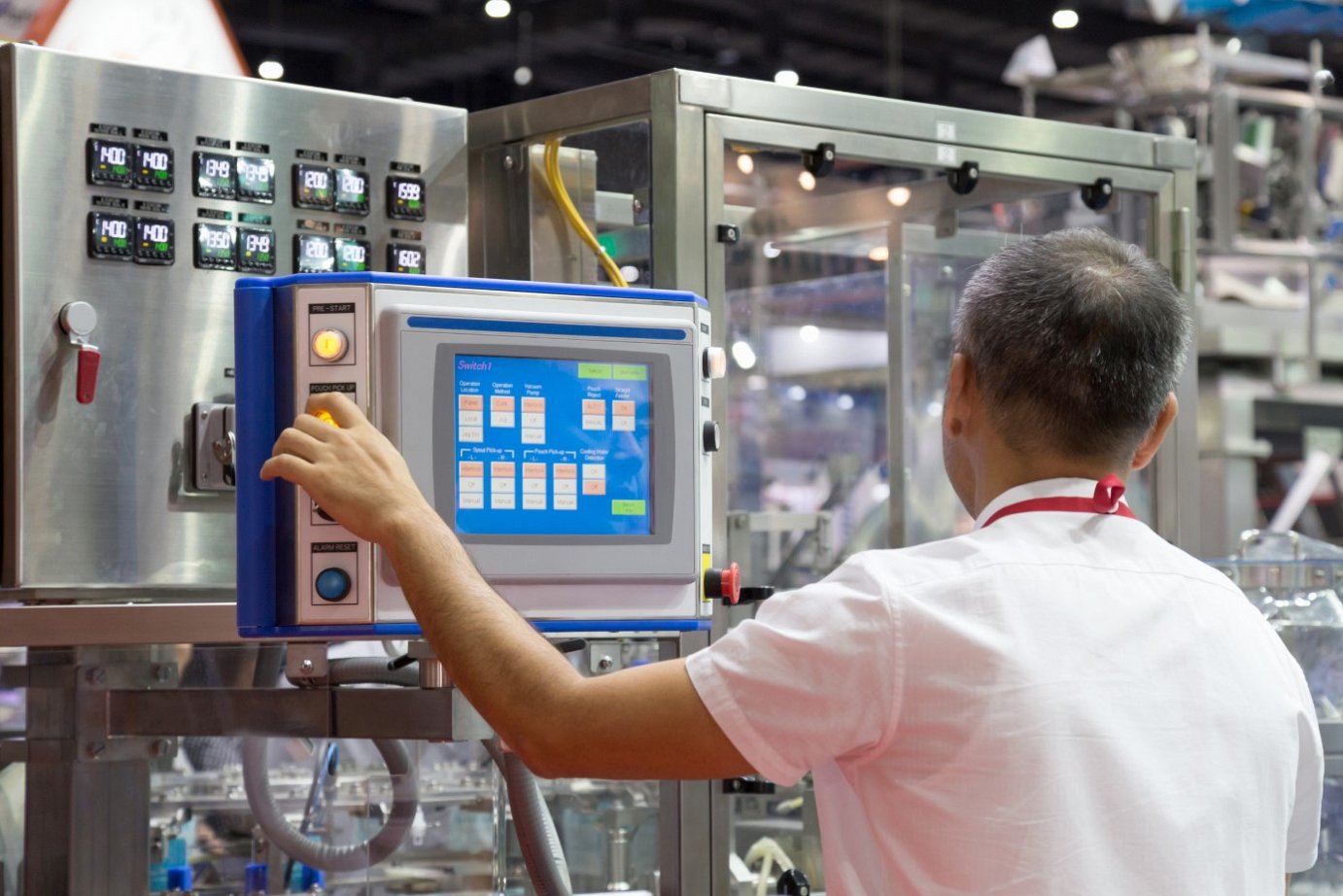18.06.2020
(Re)discovering Germany as a production location, rethinking supply chains, strengthening digitization in and with SMEs - these measures are now important.

Within a short period of time, the small Corona virus has exposed a great number of weaknesses in a wide variety of systems in society and in companies. Deficiencies that had been concealed or delayed for a long time are now coming to light with clear impact. The way we do business, the future strategy for Germany, needs to be fundamentally rethought.
The migration and outsourcing of production abroad within the last decades has led to a drain of know-how. This has led to a steadily growing disadvantage for the ability to innovate in Europe. The few remaining production sites in Europe are highly dependent on upstream suppliers. Corona has shown Europe how fragile the highly complex supply chains with long distances are and that they can easily lead to uncontrolled production stops. Long-distance supply chains and dependencies have made us inflexible. The examples of protective masks, pharmaceutical and hygiene articles alone are good illustrations of how much faster product development was adapted to changing market needs in Asia.
The virus will hopefully be overcome at some point. After-effects of the lockdown will still be felt well into next year, in particular due to a wave of insolvencies that is still expected and their delayed effects in the supply networks. Political risks and customs discussions in various parts of the world have also increased in recent years.
So what are the conclusions of a post-Corona world? A "business as usual" probably definitely not. Nature was temporarily relieved, especially by the massive decrease in road traffic. Saving aviation, which was already tax-subsidized before Corona, should not be our most urgent problem. The key issue in Europe, after all, is how we can better connect medium-sized companies in particular so that more cooperative and sustainable economic models emerge. Now is exactly the time to change course! Sustainable models are being discussed more and more, such as the common good economy. Many have understood that short-term shareholder happiness is not the only decisive factor, but that it is about doing justice to many stakeholders - customers, employees, cooperation partners and society. At this point, the SME sector is way ahead. What is needed is a new awareness of local and more resource-efficient international value creation. The technologies for this are ready.
Robotics and the Internet of Things (IoT), such as RFID, are making it possible for labor cost differences between continents to become increasingly irrelevant, through process automation and savings in logistics costs. They also make it possible to build on a strength of German companies: Quality. Microservices, web technology and cloud platforms enable the flexibility that Europe now needs. Different systems and companies can be linked together to form integrated systems within a very short time. And individual interests must increasingly give way to the interests of several. The time of rigid monoliths is over.
For policymakers, this means driving forward the long overdue massive focus of funding on innovations in the digital economy. This can only succeed in Germany if, on the one hand, the strongly represented SMEs are given more consideration in the funding projects. And on the other hand, the application companies are now empowered to be able to use already existing solutions quickly. The BITMi with its companies has extensive know-how in this area and can provide the appropriate suggestions, as the following examples show:
- Cloud platforms based on microservices and web APIs and with instant data exchange in the supply chain without longstanding integration;
- Easy and reliable integrations of new supply chains and use of IoT for error prevention rather than troubleshooting in supply chains, with integration of suppliers, manufacturing plants, logisticians and decentralized warehouses;
- "Collaborative Planning, Forecasting and Replenishment" solutions so that supplier, logistician and customer can see IMMEDIATE and automated inventory levels and withdrawals, combined with intelligent inventory management algorithms behind them;
- RFID-enabled solutions for real-world omnichannel processes that dramatically reduce capital lockup by leveraging all inventory in the enterprise and provide real-time visibility into sales issues and opportunities;
- Customer experience instead of just sales, i.e. using innovative solutions in retail such as self-checkout, RFID, extended counter and thus achieving to keep customers in brick-and-mortar retail while still providing the right products at the right time through the right information.
The list of these already existing solutions could be continued at will. So if the crisis had one good thing, it would be to use this opportunity to turn our digitization from head to toe and steer it in an economic and sustainable direction.
Harald Dittmar


